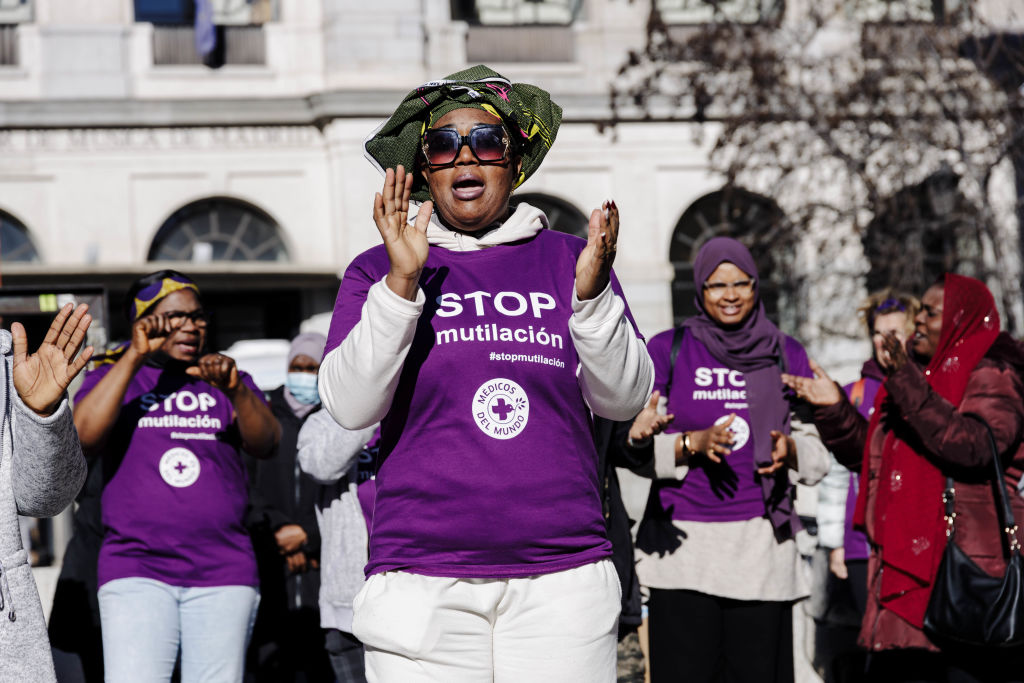AN INDEPENDENT lawmaker in The Gambia has tabled a bill aimed at lifting the ban of female genital mutilation (FGM).
The controversial practice – which involves either the partial or total removal of the external female genitalia – was banned in 2015, by then-president Yahya Jammeh.
Under current Gambian laws, someone who is convicted of performing FGM faces up to three years in prison and a possible fine of 50,000 dalasi (£622).
The Point newspaper, reported that Almammeh Gibba, the Gambian lawmaker who is advocating for the bill described female circumcision as “a practice deeply rooted in the ethnic, traditional, cultural and religious beliefs of the majority of the Gambian people.”
Since the announcement, several human rights groups and campaigners have slammed the decision for the bill to be tabled.
‘Human rights violation’
UNICEF Gambia wrote on social media: “Female Genital Mutilation, a practice predominantly performed on girls from infancy to 15 years, is a human rights violation that causes physical and psychological harm.
“We remain committed to supporting government and other partners, including adolescent girls to end FGM in The Gambia.”
The Girls’ Agenda, a women’s rights group in The Gambia wrote: “Repealing the Anti-FGM law would undermine the progress made in safeguarding the rights and well-being of women and girls.”
According to the UN, more than three-quarters of Gambian girls and women aged between 15 and 49 have undergone FGM.
The practice of FGM, which can also involve the complete sealing of the vaginal orifice by cutting and repositioning the labia minora and/or the labia majora, was made illegal in the UK in 2003.
Last month, Amina Noor, 40, was convicted of handing over a three-year-old British girl for FGM in Kenya.
Noor, from Harrow, north-west London was sentenced at the Old Bailey and was jailed for severn years for helping a Kenyan woman carry out the practice overseas in 2006.
In the UK, London has the highest number of cases of FGM, with around 2.1% of women impacted by the practice, according to a 2015 study on Census data.


Comments Form
1 Comment
If the Gambian Parliamentarians vote to lift the ban against destroying their young daughter’s reproductive genital pleasure organs.
Then I will accept totally, the charge from Arabic, and Caucasian-heritage people, into the uncivilised, and barbarous state of the African mind, thinking and behaving.